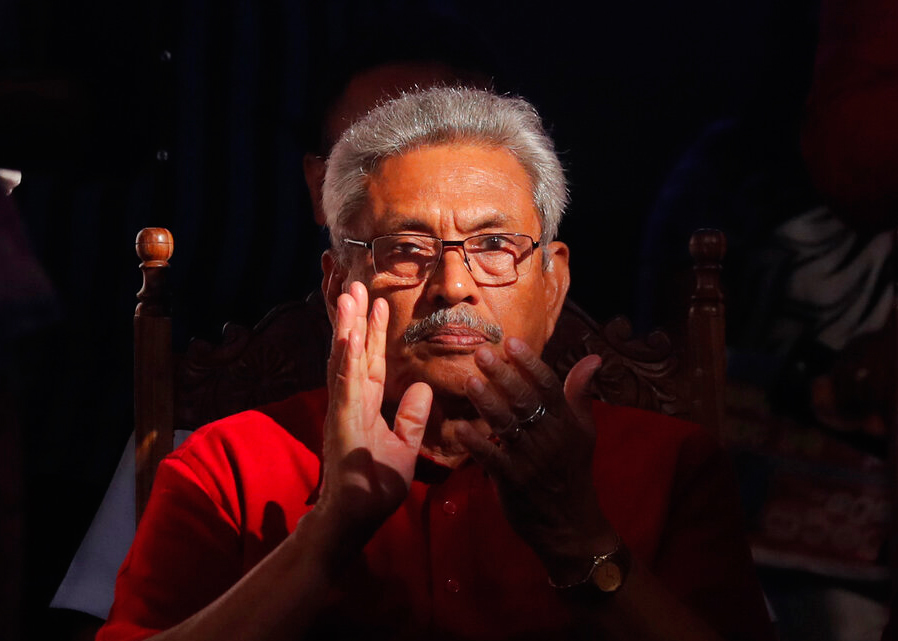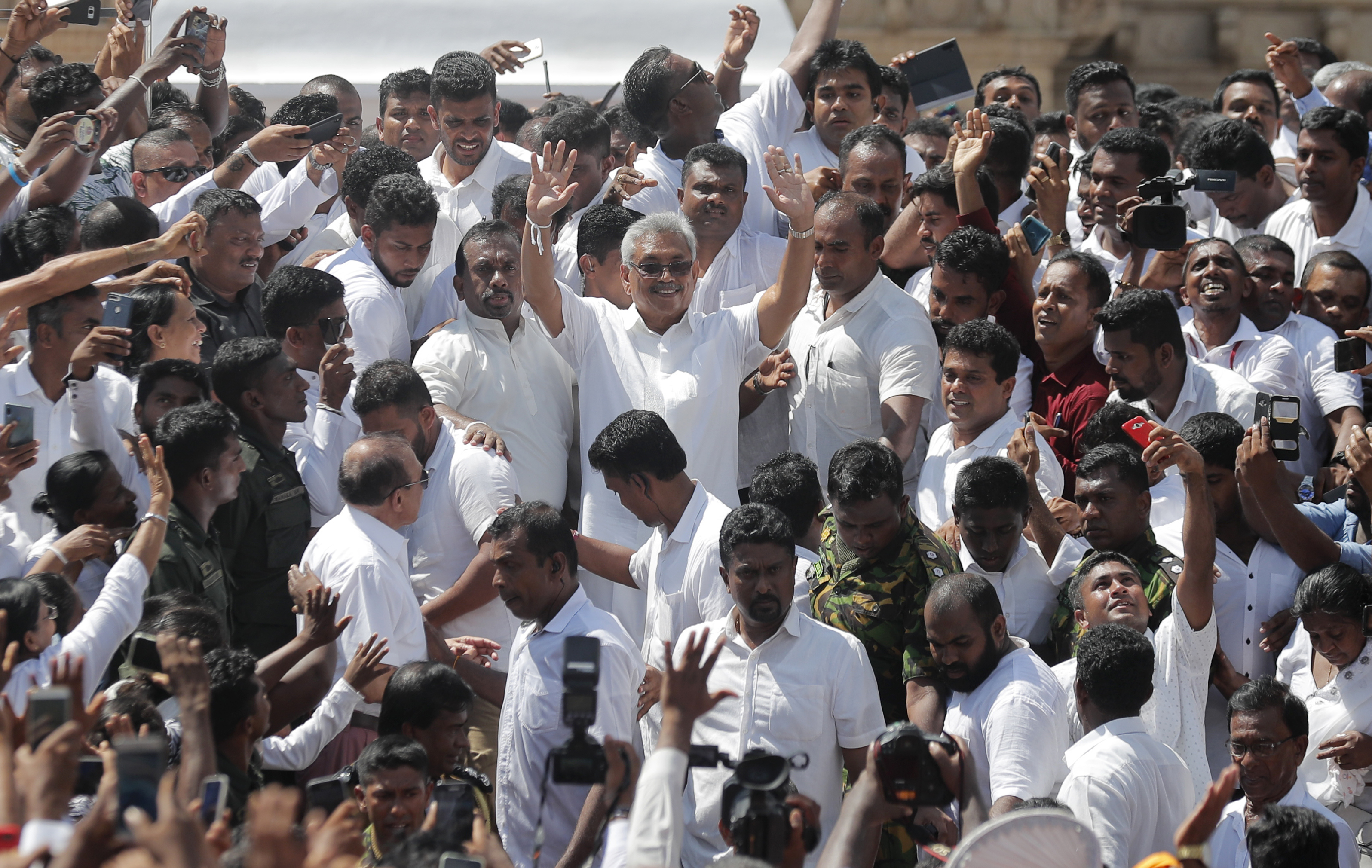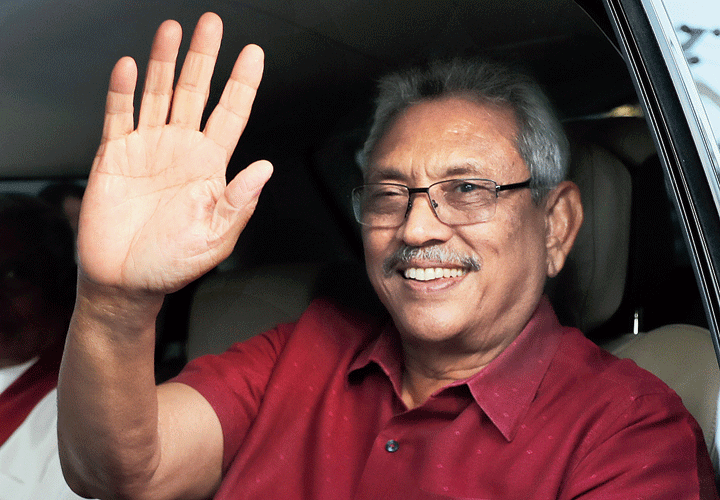The ‘terminator’, as it had been predicted, has returned. Gotabaya Rajapaksa — the moniker, terminator, presumably has to do with his role in crushing the Liberation Tigers of Tamil Eelam — has won the presidential election in Sri Lanka. Mr Rajapaksa’s triumph is being attributed to some telling developments. The devastating terrorist strikes on Easter Day rekindled unsettling memories of the brutalities of the long civil war, encouraging the electorate to respond enthusiastically to Mr Rajapaksa’s rhetoric of a strong leader prioritizing civilian security. His legacy — Mr Rajapaksa helmed the campaign of the Sri Lankan military against the LTTE — must have consolidated the new president’s appeal in the minds of an anxious people. The subcontinent, evidently, is quite taken in with the charisma of the ‘strong leader’ with an alleged tilt towards majoritarianism. Mr Rajapaksa’s cause may have received unexpected and unintended support from his principal rival, Sajith Premadasa. Mr Premadasa’s New Democratic Front chose to align itself with the United National Party headed by Ranil Wickremesinghe. This could not have been a prudent choice. Mr Wickremesinghe’s stint as prime minister had been mired in controversy: his fractious exchanges with the former president and perceived weakness in dealing with the threat posed by extremists could have undermined Mr Premadasa’s electoral fortunes. But these are not the only inferences that can be drawn from the contest. A closer examination of the voting pattern would reveal that while the Sinhala Buddhist majority was unwavering in its support for Mr Rajapaksa, Muslims and Tamils — the minority constituencies — rallied behind Mr Premadasa’s vision of inclusive welfarism. The mandate was thus discernably polarized. Mr Rajapaksa’s commitment to be a leader for all would be severely tested unless he follows up his words with inclusive policies.
There is a view that Mr Rajapaksa’s elevation ought to be seen as yet another diplomatic setback for New Delhi’s foreign policy which, in recent times, has succeeded in turning neighbourhood allies into rivals. This perhaps has to do with China’s lengthening shadow in the island nation. It remains to be seen whether India succeeds in imaginatively using its trade ties and shared cultural resources with Sri Lanka to ward off the threat.












